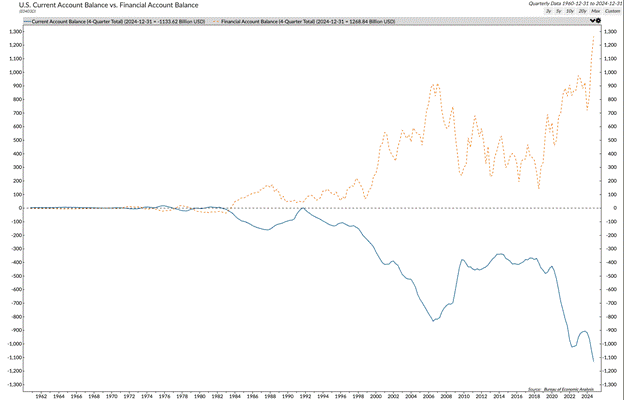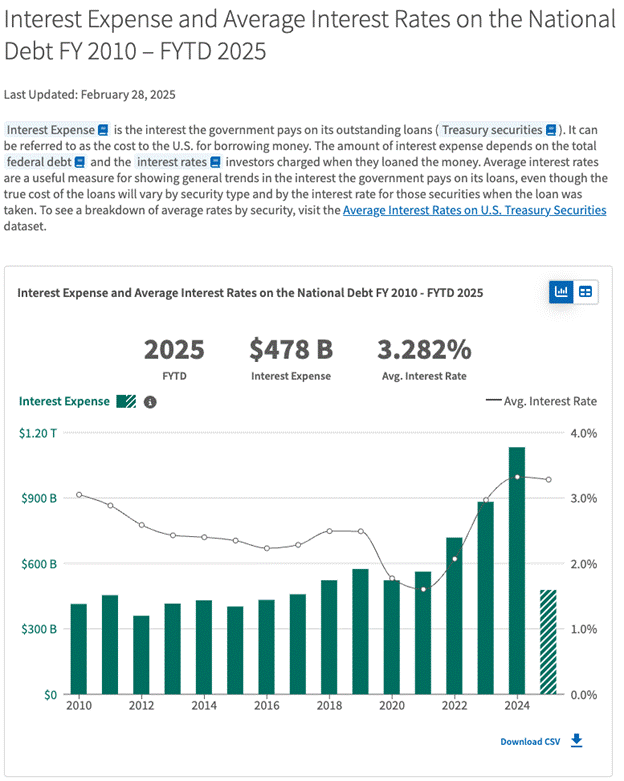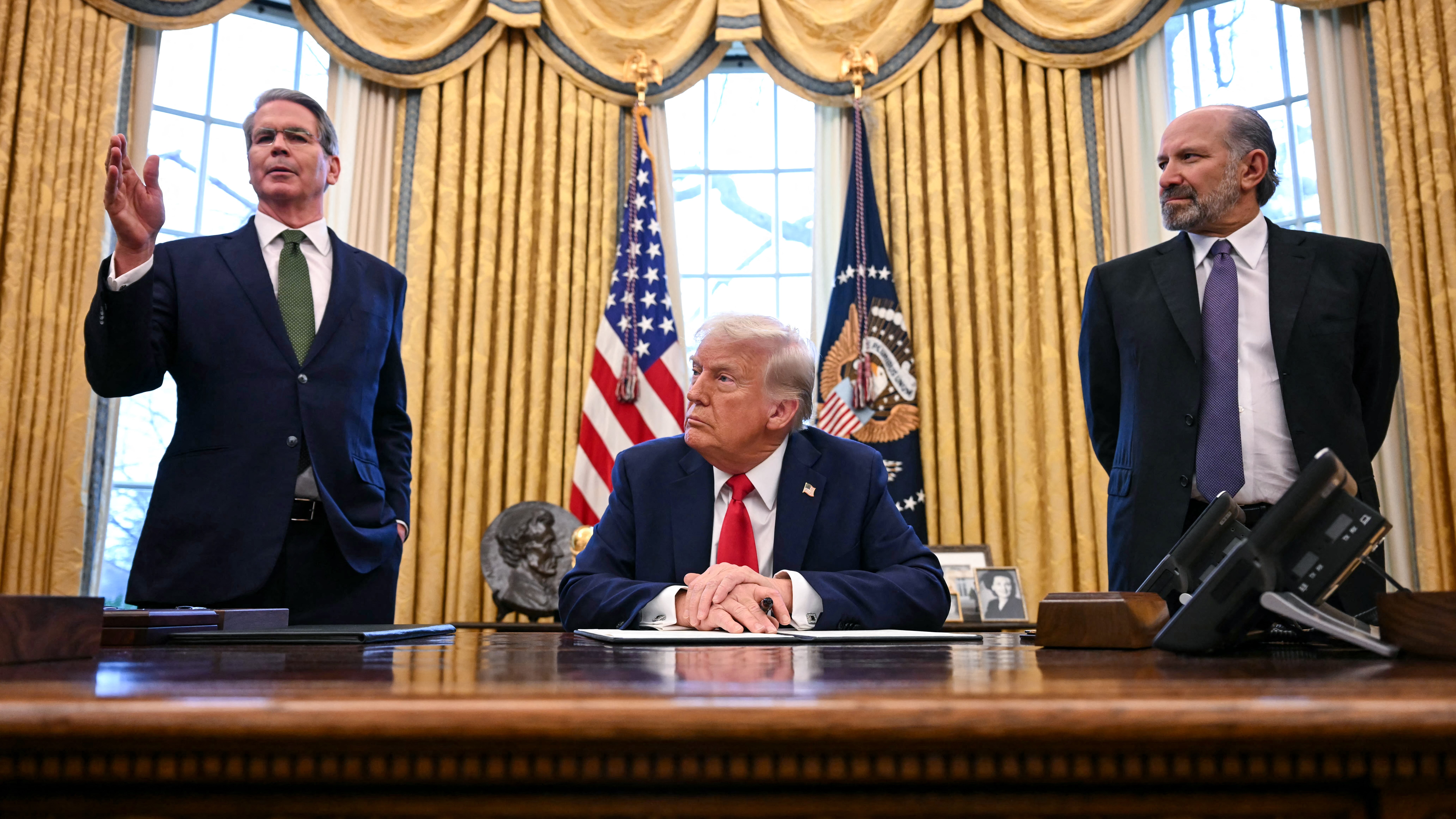Arthur Hayes says Bitcoin will hit $250k in Q4 because Bessent will force Fed’s Powell to start printing
Arthur Hayes said on Wednesday that Bitcoin could hit $250,000 by the end of 2025 because President Trump’s crypto-loving Treasury Secretary Scott Bessent will make Fed chair Jerome Powell start printing again to keep the US government afloat.
In a new essay titled The BBC, published on his blog and reviewed by Cryptopolitan, Arthur explained in detail why he believes Powell will give in to fiscal pressure, stop tightening, and resume quantitative easing. He warned that the math simply doesn’t work anymore unless Powell obeys.

Arthur opened the essay by saying he’s been watching Trump’s second presidency closely, along with the writing of other macro analysts. He said everyone’s focused on what Trump really wants. Some analysts think Trump will go full chaos mode and wreck everything until his approval hits the low 30s.
Others believe Trump is serious about resetting the financial and military structure of the US, even if it causes short-term pain. Arthur didn’t care which guess is closer. “Our portfolio doesn’t care if America is strong or weak,” he wrote. “It cares if there’s more or less fiat in the system.”
Arthur says Trump’s policies will crush foreign demand for treasuries
Arthur said both Republicans and Democrats now support rewriting global trade rules, even if they argue over how fast to do it. Trump has pushed that agenda since 2016. Joe Biden continued the same direction during his first term, restricting China’s access to US markets.
Kamala Harris campaigned with tough-on-China rhetoric too. Arthur pointed out that Trump’s supporters—the ones Clinton once called deplorables—are working class people with no degrees and no stocks. He said they lost when China joined the WTO in 2001 and US factories disappeared.
Arthur broke down the macro mechanics. In the late 90s and early 2000s, China got cheap access to American markets and became an export monster. It kept the yuan low and used its dollar profits to buy US bonds and stocks. That helped America run giant deficits and still keep the treasury market alive.

But Trump’s trade reset means countries like China won’t keep buying US assets, because Trump is cutting them out. Arthur said that’s a huge problem because the US needs someone to finance a mountain of debt.
Bessent plans to shrink the deficit from 7% to 3% of GDP by 2028. But that still leaves the US borrowing every year. Arthur said, “Interest payments will continue to rise exponentially.” He explained that if GDP grows 3% real and inflation runs at 2%, that’s 5% nominal growth.
But if the government borrows 3% of GDP every year and the debt grows faster than the economy, the debt-to-GDP ratio will explode—unless someone buys the debt at low yields.
Arthur warned that investors should demand at least 5% returns if growth is 5%, but current yields are far lower. He said the weighted average interest rate on the $36 trillion debt pile is just 3.282%. That gap, he argued, is unsustainable.

“The math doesn’t add up unless Bessent can find a buyer of treasuries at an uneconomically high price or low yield,” Arthur wrote. Private investors won’t do it. China won’t either. The only ones left are the Fed and US banks.
Powell signals submission as the Fed preps for balance sheet expansion
Arthur said banks are still blocked by post-2008 rules like the supplementary leverage ratio, which makes them hold more capital when they buy treasuries. They can’t just go all-in unless Powell exempts them.
He said the Fed is still clinging to its fantasy of hitting a 2% inflation target, draining money from the system through QT. But that won’t last. Arthur argued that Powell has no choice but to obey fiscal dominance.
He called Powell’s current position the “cuck chair,” saying the Fed has already started giving in. Powell dropped rates 0.5% in September 2024 to help Kamala Harris during the campaign.
Now, under Trump, Powell is pretending to resist. Arthur said the bluff won’t hold. “The BBC reigns supreme,” he wrote, referring to Bessent, the banks, and capital. “Fiscal dominance is in play.”
To prove it, Arthur pointed to Powell’s own words. At the March 19 FOMC press conference, Powell said, “We will stop the roll-off on net at some point…we haven’t made any decisions about that.” He added that the Fed would prefer to let mortgage-backed securities run off, but may keep the overall balance sheet constant. Arthur called that “treasury QE.”

Arthur also flagged Bessent’s remarks on the All-In Podcast, where Bessent said removing the SLR would free up banks to buy more treasuries. “We might actually pull treasury bill yields down by 30 to 70 basis points,” Bessent said. “Every basis point is a billion dollars a year.”
Arthur also explained the upcoming change in numbers. Before April 1, the Fed was removing $25 billion per month in treasuries. Now it’s down to $5 billion. That’s a $240 billion swing in annual dollar liquidity. If the Fed lets mortgage bonds run off and buys treasuries instead, that adds another $420 billion per year. Arthur believes this pivot will happen by Q3. “Once QE starts, it doesn’t stop for a long time,” he said.
He said the next Quarterly Refunding Announcement in May will likely show the Treasury isn’t refilling its cash account. The Treasury General Account already fell from $750 billion to $360 billion this year. If it stays flat, there’s no liquidity drain. Arthur said this means even more cash stays in the market.
Bitcoin tipped to repeat 2008-2010 gold rally
To support his call, Arthur looked back at 2008. He said when the Fed started QE1, gold started rallying even as stocks kept falling. Bitcoin didn’t exist back then, but he said the pattern still applies. Assets that don’t rely on government backing react first to money printing. Arthur said gold was up 30% by 2010 while stocks were still flat. Bitcoin, he argued, will act the same way now.

Arthur wrote that Bitcoin trades entirely on expectations about fiat supply. “The technology works,” he said. “There aren’t any major changes, good or bad.” He said if the Fed restarts QE, Bitcoin already bottomed last month at $76,500 and is now heading for six figures. “If I had to place a bet on whether I thought Bitcoin would hit $76,500 or $110,000 first, I would bet on the latter.”
Arthur closed by saying he still expects Bitcoin to hit $250,000 by the end of the year. He believes Powell won’t risk letting the government go unfunded, no matter how much he hates Trump.
Cryptopolitan Academy: Coming Soon - A New Way to Earn Passive Income with DeFi in 2025. Learn More



